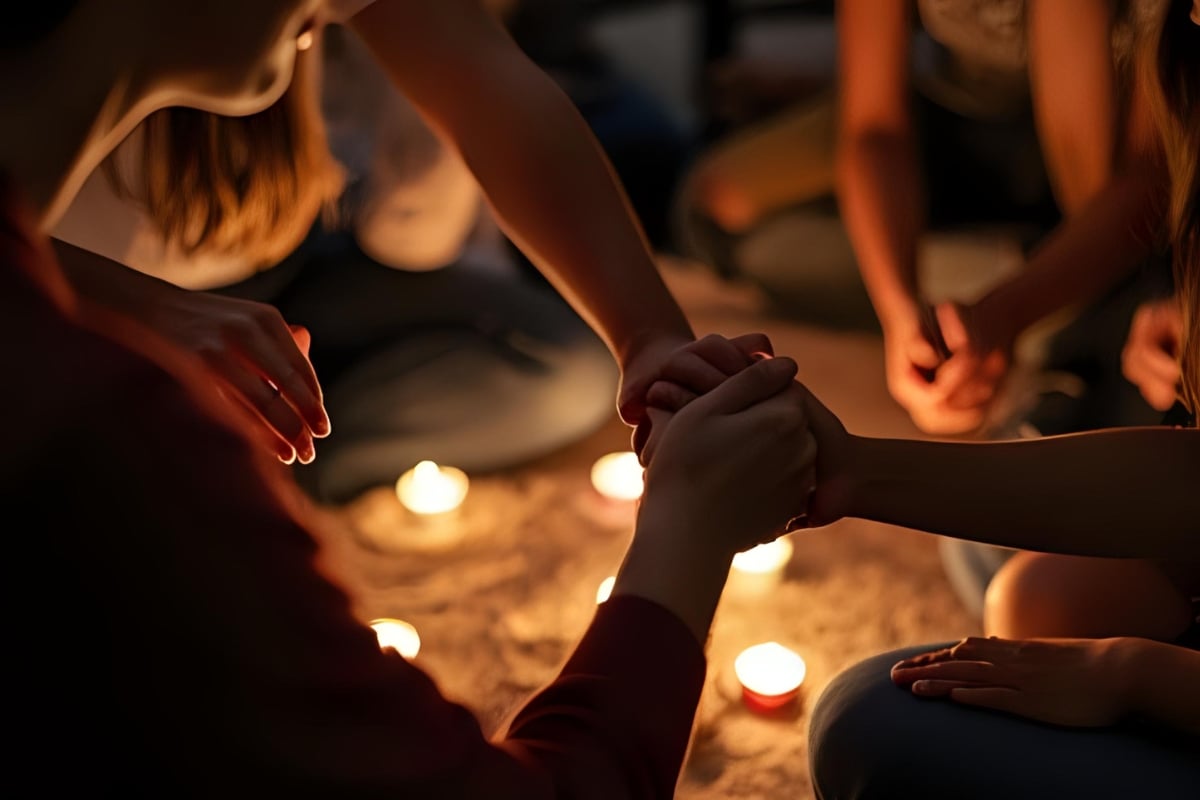Post-Traumatic Stress Disorder (PTSD) can feel like an invisible weight — heavy, persistent, and isolating. But you’re not alone, and understanding PTSD is the first step toward reclaiming your peace and strength. Let’s explore what PTSD really is, what causes it, how it manifests, and, importantly, how you can actively cope and find support.
What Causes PTSD?
PTSD is a mental health condition triggered by experiencing or witnessing a traumatic event. This could be anything deeply distressing or life-threatening such as:
- Childhood abuse or neglect
- Combat or military exposure
- Natural disasters like hurricanes or earthquakes
- Physical or sexual assault
- Serious accidents or injuries
Trauma impacts the brain’s way of processing memories and emotions, sometimes causing the mind to remain stuck in a heightened state of alert. This can make everyday life feel overwhelming and unpredictable.
Recognizing PTSD Symptoms
PTSD symptoms can vary widely but typically fall into four main categories:
- Changes in physical and emotional reactions: Being easily startled, feeling “on edge,” difficulty sleeping, or angry outbursts.
- Intrusive memories: Flashbacks, nightmares, or unwanted, distressing memories of the event.
- Avoidance: Steering clear of places, people, or activities that remind you of the trauma.
- Negative changes in thinking and mood: Feeling detached, hopeless, or struggling to experience positive emotions.
These symptoms can disrupt your daily routine, relationships, and overall quality of life — but they don’t define you.
Active Coping Strategies to Manage PTSD
Coping with PTSD is a journey, and different strategies work for different people. Here are some effective approaches you can try:
- Mindfulness and grounding techniques: Practice focusing on the present moment to reduce flashbacks and anxiety. Simple breathing exercises can anchor you when emotions run high.
- Physical activity: Exercise, yoga, or even daily walks can help release stress and improve mood.
- Healthy routines: Prioritize sleep, balanced nutrition, and regular schedules to support your body and mind.
- Creative outlets: Art, music, writing, or other creative activities can help express and process feelings.
- Professional help: Therapies such as Cognitive Behavioral Therapy (CBT) or Eye Movement Desensitization and Reprocessing (EMDR) have shown great success in treating PTSD.
Remember, coping doesn’t mean facing this alone — it means taking active steps to regain control and build resilience.
The Power of Support Systems
Healing happens best when you’re supported. Reach out to:
- Trusted friends and family: Let them know what you’re experiencing. Honest conversations build understanding and connection.
- Support groups: Connecting with others who share similar experiences can reduce isolation and provide practical advice.
- Mental health professionals: Therapists, counselors, and psychiatrists are trained to guide you through recovery with empathy and expertise.
Don’t hesitate to ask for help — seeking support is a sign of strength, not weakness.
A Personal Story: Finding Light Through the Darkness
Jessica* remembers the night vividly — the accident that changed everything. After the traumatic event, she found herself trapped in her memories, haunted by nightmares and unable to face everyday life. For months, she avoided anything that reminded her of that night, pushing loved ones away out of fear and shame.
But slowly, Jessica began to seek support. Through therapy, she learned grounding techniques that helped quiet the overwhelming flashbacks. Joining a local support group, she found others who truly understood. She rediscovered joy through painting, using colors to express what words couldn’t capture.
Today, Jessica still experiences tough days, but with her coping tools and support network, she’s reclaiming her life. Her journey shows that healing is possible — even when it feels out of reach.
*Name changed for privacy.
Helpful Resources
If you or someone you love is struggling with PTSD, here are trusted places to turn to:
- National Suicide Prevention Lifeline: 988 or 1-800-273-8255 (USA) — Immediate help in crisis
- PTSD Alliance: ptsdalliance.org — Information and resources about PTSD
- Veterans Crisis Line: 1-800-273-8255 (Press 1) — Support for veterans and their families
- SAMHSA Helpline: 1-800-662-HELP (4357) — Confidential help and referrals
- Anxiety and Depression Association of America: adaa.org — Resources on PTSD and related anxiety disorders
Final Thoughts
PTSD can feel overwhelming, but it doesn’t have to control your life. By understanding your symptoms, actively using coping strategies, and leaning on supportive relationships, you can move toward healing and hope. Remember, your journey matters — and every step you take toward recovery is a powerful act of courage.
If you or someone you know is struggling with PTSD, consider reaching out to the Sanctuary of Wellness at (561) 291-7677 or click here. You deserve support, compassion, and a path forward.







